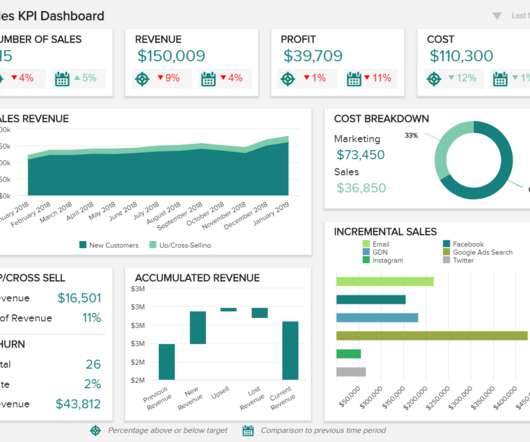Why you should care about debugging machine learning models
O'Reilly on Data
DECEMBER 12, 2019
Residuals are a numeric measurement of model errors, essentially the difference between the model’s prediction and the known true outcome. Residual plots place input data and predictions into a two-dimensional visualization where influential outliers, data-quality problems, and other types of bugs often become plainly visible.














Let's personalize your content